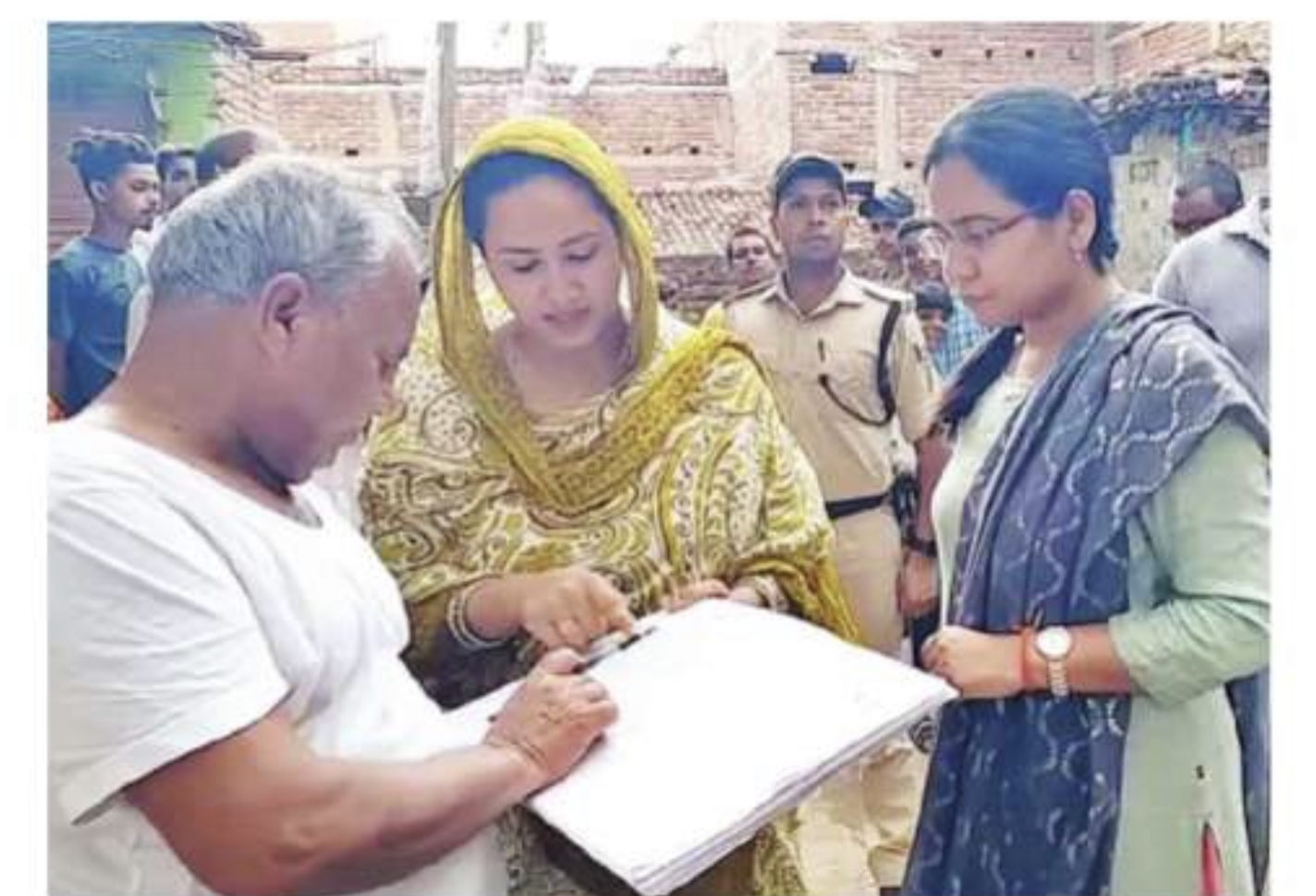As the 2024 Lok Sabha elections draw closer, political parties are trying to connect with marginalised communities and earn their support. The topic of a caste census in India has been a subject of debate for long. There are differing opinions on whether it will bring positive or negative consequences.
The fact that Bihar has released a caste census recently has ignited a political debate. The Opposition coalition has requested such a census in their Mumbai meeting. According to the survey conducted in Bihar, the OBC community has a larger population than other castes and may require more than the current 27 per cent reservation. Nitish Kumar is emerging as the OBC community’s champion.
Advertisement
Conducting a caste census is a contentious issue that involves multiple factors. They include ideology, elections, and social impact that could affect communities. Maharashtra, Odisha, and Jharkhand assemblies have approved a resolution supporting a caste census, while Bengal disagrees.
The caste system has had a profound impact on India, yet no reliable data has been collected since 1931 to understand its effects on the economy and society fully. There are four primary castes with numerous sub-castes, and some groups are pushing for a census. However, the outcome is uncertain, and it is difficult to deter mine whether it would have positive or negative consequences. It’s like winking in the dark.
Before 1931, the Decennial Census included data on caste. However, 1941 was skipped due to World War 2. From 1951 to 2011, all of India’s independent censuses contained information on Scheduled Castes and Scheduled Tribes but not on other castes.
The British colonial period in India saw a census conducted for administrative and demographic purposes without collecting data on caste. After Independence, the Nehru administration was not for a caste based census. In 1980, his daughter, Indira Gandhi, created a slogan to fight caste-based politics. Today, her grandson, Rahul Gandhi, uses the phrase “Jitni abaadi, utna haq” to discuss caste issues.
In 1979, the Mandal Commission was established and gained popularity over time. After a decade, Prime Minister V.P. Singh implemented 27 per cent reservation for OBCs in government jobs, based on its report. In 2001, the Vajpayee government chose not to perform a census based on caste. However, in 2010, the Manmohan Singh government conducted a survey based on economic factors.
The 2021 census has been postponed due to the pandemic and has yet to be carried out.
In the 2001 census, there was a proposal to include caste as a category, but it was not implemented due to practical challenges and concerns. In 2011, the SECC collected information on social and economic factors, including caste, but the data mainly focused on economic and living conditions.
The Modi government released the financial component of the SECC in 2015, but the census for the caste component was not included. Unfortunately, the 2021 decennial population census has been postponed due to the COVID-19 pandemic.
Defining caste is a complex issue. A caste census is deemed discriminatory and opposed by those who seek equal rights and opportunities for all. The BJP is among those who believe that conducting a caste census could hinder the creation of a more united society due to political and logistical challenges.
The Constituent Assembly’s main objective was to draft a constitution for an independent India during its sessions from December 1946 to November 1949. The framers discussed fundamental principles, government structure, citizens’ rights, and other crucial aspects of the new republic. Dr. B.R. Ambedkar, Jawaharlal Nehru, Sardar Patel, and other notable figures played significant roles in shaping the Constitution.
Affirmative action is allowed by the Constitution to address past social injustices. However, there may not have been enough discussion about collecting specific data, such as con- ducting a caste census.
The future is unpredictable. There are valid arguments both for and against carrying out a caste census. Ultimately, the decision to con- duct a census largely depends on political factors, public sentiment, and the ruling party’s priorities. The government’s actions can also be influenced by the public’s demands and level of awareness.
There should be a more favourable environment to acknowledge the importance of caste census. BJP leaders argue that many leaders, including Mahatma Gandhi and Lohia, recognized that caste discrimination weakens society. By examining global trends, India can learn and improve its policies.
The BJP hesitates to back a caste census, though it holds a majority in the Lok Sabha. But caste-based parties advocate for it, creating a dilemma for the BJP to appease them and their supporters.
Political parties have gained influence by addressing caste issues. Specific communities seek recogni- tion as Other Backward Classes. Congress, DMK, and JD(U) support a caste census, which Bihar has already con- ducted. Other states may conduct them as well.











